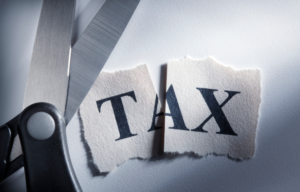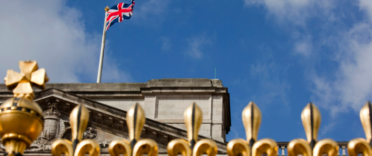
The top rate of income tax referred to as the additional rate was introduced at a rate of 50% in April 2010 by the government under Labour and Gordon Brown and applied to earnings over £150,000. It was subsequently cut to 45% under David Cameron's Conservative government in April 2013.
In a Tweet published on Monday 3rd October, only 10 days after the announcement to scrap the top rate of tax, Kwasi Kwarteng stated 'It is clear that the abolition of the 45p tax rate has become a distraction from our overriding mission to tackle the challenges facing our country. As a result, I'm announcing we are not proceeding with the abolition of the 45p tax rate. We get it, and we have listened. This will allow us to focus on delivering the major parts of our growth package'.
While the 45% tax rate will no longer be abolished, the basic rate tax reduction will proceed as planned, meaning basic rate taxpayers will see the income tax rate drop from 20% to 19% in April 2023. The 1% cut to the basic rate of income tax means around 31 million people will save an average of £170 per year.





